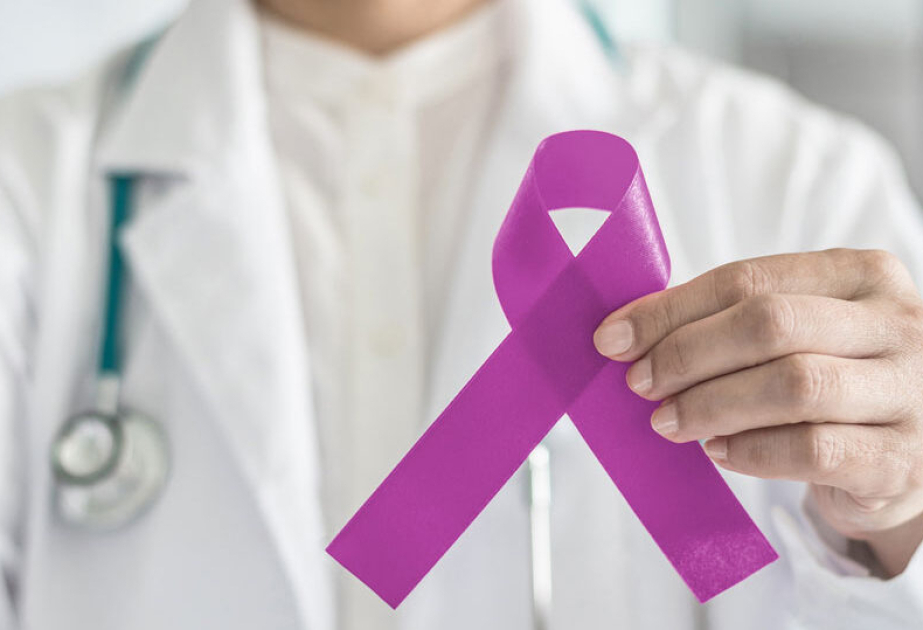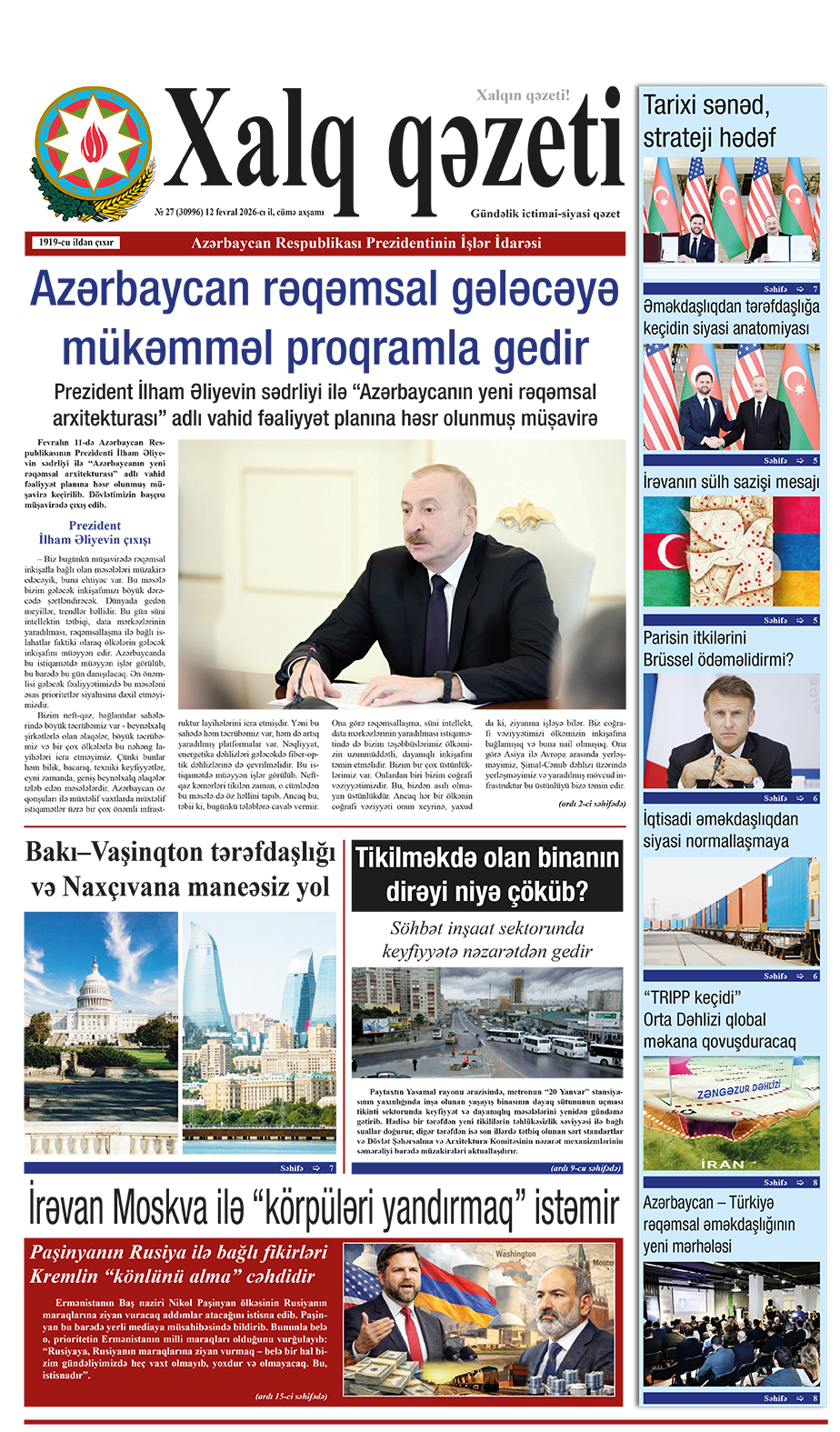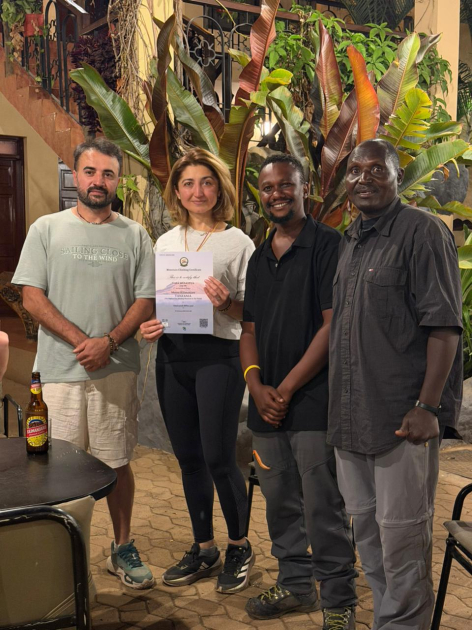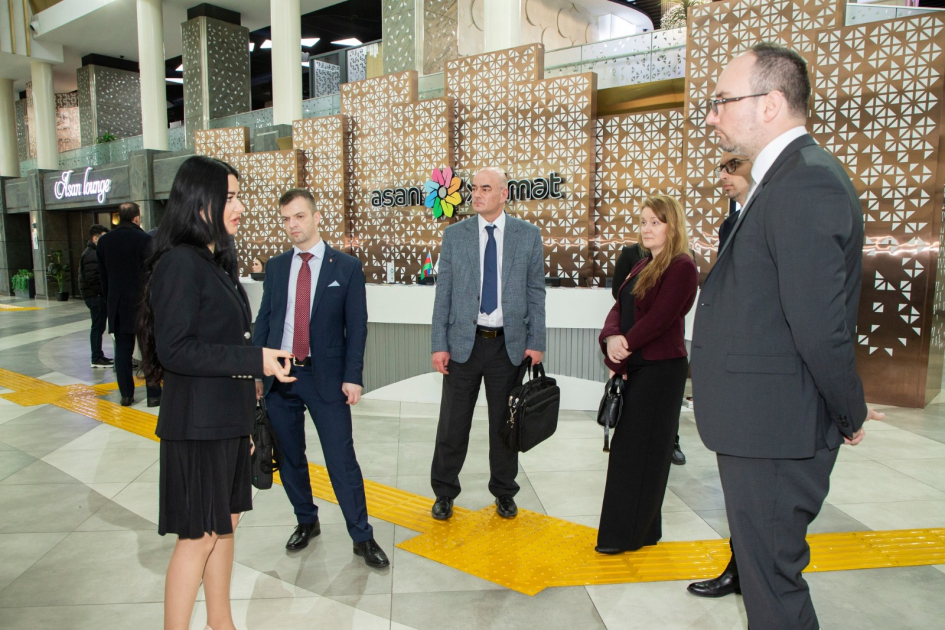February 4th is World Cancer Day, and UICC is uniting with individuals, organisations, and governments around the world to raise awareness about cancer, inspire hope, and ensure that everyone, everywhere has access to quality cancer services centred on individuals and communities, according to the Union for International Cancer Control.
This year marks the launch of UICC’s new global World Cancer Day campaign for 2025-2027, ‘United by Unique’, which calls for a fundamental shift in cancer care and health systems worldwide towards a people-centred approach.
The 'United by Unique' theme recognises that every experience with cancer is unique, and everyone has unique needs, unique perspectives, and a unique story to tell; yet, people touched by cancer are united in a shared ambition to see governments implement policies to improve cancer prevention, and deliver health systems which treat people with cancer effectively and successfully, resulting in more people surviving their cancer and leading long and healthier lives.
In 2022, there were an estimated 20 million new cancer cases and 9.7 million lives lost to cancer. About 1 in 5 people develop cancer in their lifetime, and for each person whom it affects, the experience will be different. Not only does cancer encompass over 200 disease types requiring specific treatments, but also each person’s life situation differs in terms of socioeconomic background, values, and preferences.
To better address these differences, people-centred care is oriented around individuals and communities instead of just the disease. It means delivering health and cancer services at the right time, in the right place, and in the right way, tailored to each individual’s needs. It engages and empowers people to have a more active role in their own health.
People-centred care includes initiatives such as community health programmes tailored to local health issues, cultural competence training for healthcare providers, health literacy initiatives, telemedicine services, patient navigation programmes, and the engagement of people who have experienced cancer to shape policies.
This approach leads to improved patient well-being, and higher quality care and increased trust in healthcare providers. It boosts satisfaction among patients and families, while improving health equity and the overall effectiveness of healthcare systems.
The aim in the first year of the three-year campaign is to highlight barriers and gaps in health systems as well as existing best practice delivering people-centred care.











